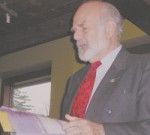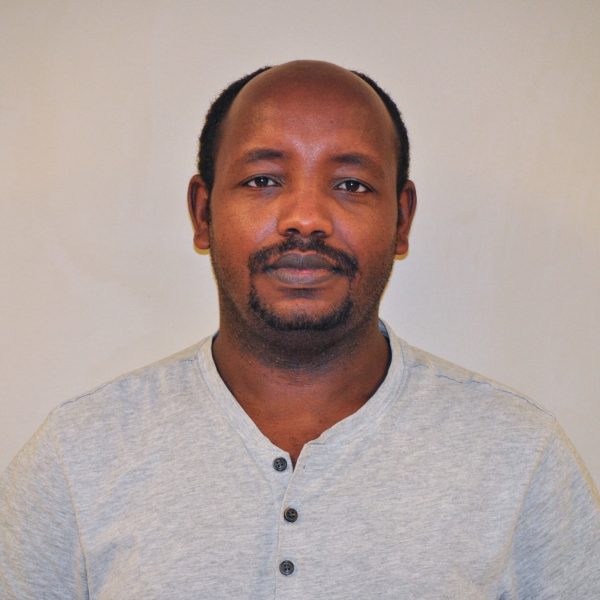Uniting with the World

Irving J. Stolberg, a leading democracy consultant and president of the Connecticut chapter of the United Nations Association, urged students to take interest in foreign affairs when he visited campus on Tuesday.
His presentation on the future of relations between the United States and the United Nations strongly suggested that the U.S. prepare itself for a coming era of multipolar global politics.
“In recent years the U.S. has been becoming increasingly isolated in the world,” Stolberg said.
Stolberg holds that the U.S. must recommit itself to the U.N. in order to secure its role as a major power as the European Union and China rise to prominence. He warned that the international community may be wary of cooperating with the U.S. given some recent actions.
Stolberg has visited dozens of nations in his role of a democracy advisor.
“Everywhere I go I find people taking great issue with the United States government,” he said. “America is still admired, [especially] what we have done particularly in the last 50 years in taking the promise of America and extending it to women, to minorities, and to so many other people. [Other countries] hate the combination of economic and military power and arrogance that [the U.S. exerts over their] lives.”
Stolberg lamented the current state of the U.S. relationship with the U.N., citing many instances in which the U.S. has chosen to ignore international treaties and restrictions.
In particular, he referenced the vote against the Iraq War, the Kyoto Protocol and agreements regarding the Convention on the Rights of Trial and the International Criminal Court as resolutions the U.S. has chosen to ignore despite broad-base global support.
“We’re forgetting our constitution,” Stolberg said, explaining that he believes that such actions are motivated by a haughty attitude amongst America’s foreign policy establishment.
“[America’s leaders say] to hell with the world,” he said. “We want what we want because we have the power to do it. I wonder how effective a way that is to provide leadership to the world.”
Stolberg’s remarks in the latter half of his presentation were politically charged.
He alleged that the Bush Administration was lying to the American people about the rationale for going to war in Iraq, and even declared that Vice President Dick Cheney should be impeached immediately.
He went on to call the U.S. Ambassador to the U.N., John Bolton, “the most disagreeable, vile person I’ve ever met in political life.”
Still, Stolberg expressed his approval of the foundations of the United States.
“I am proud of the principles of our nation and I want to return to them,” he said. “We do not want to sink to the level of our vilest enemies.”
Stolberg ended his speech on a more neutral note, urging students to become involved with politics.
“Get involved now,” he said. “There are a lot of things that can be done to make this country exist as it is in our minds. The greatest of all mistakes is to do nothing because you think you can do only a little.”
Although the audience was mostly in agreement with Stolberg’s assertions, he did face some questions about whether the United States should always follow the international majority.
Stolberg said that the U.S. should provide moral leadership for the world, and that international support will follow.
His perspective on such international issues was unique. A longtime member of the Connecticut House of Representatives, he has advised leaders around the world on accountability and fair elections. His work has taken him to Bulgaria, China, East Germany, Slovakia and Nicaragua, among other places. He has also served on the U.S. Commission for the Preservation of American Heritage Abroad, a position he was appointed to by former President Bill Clinton and to which he was appointed again by President George W. Bush.







